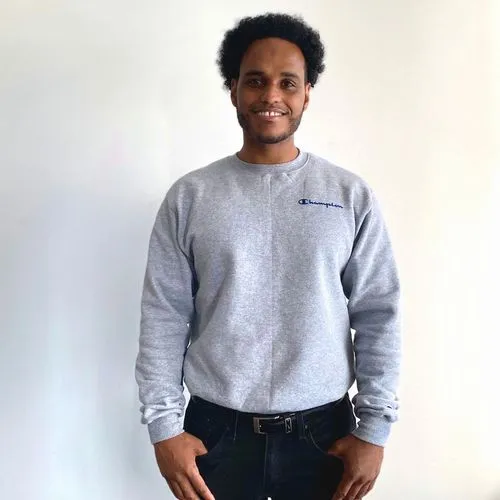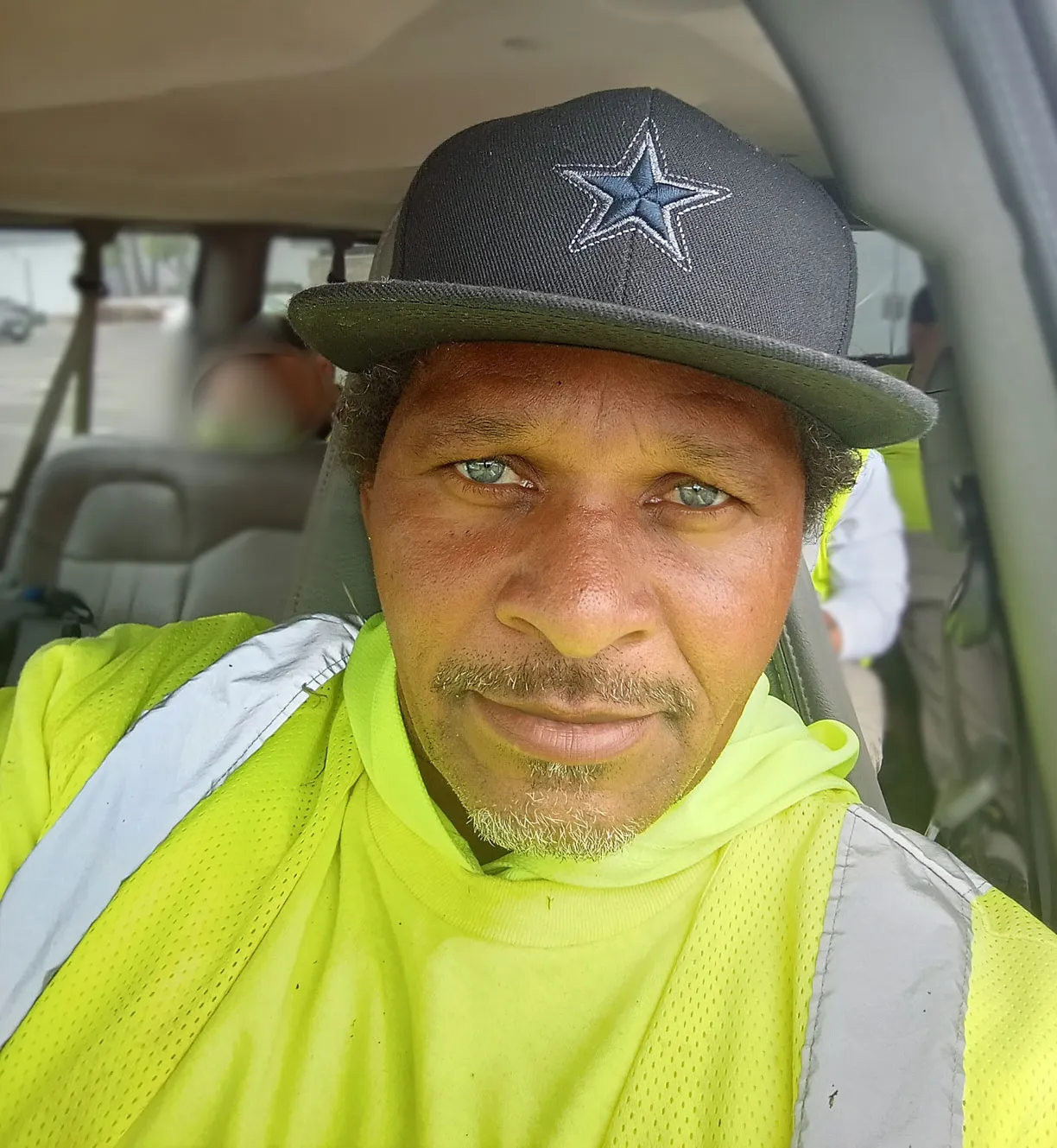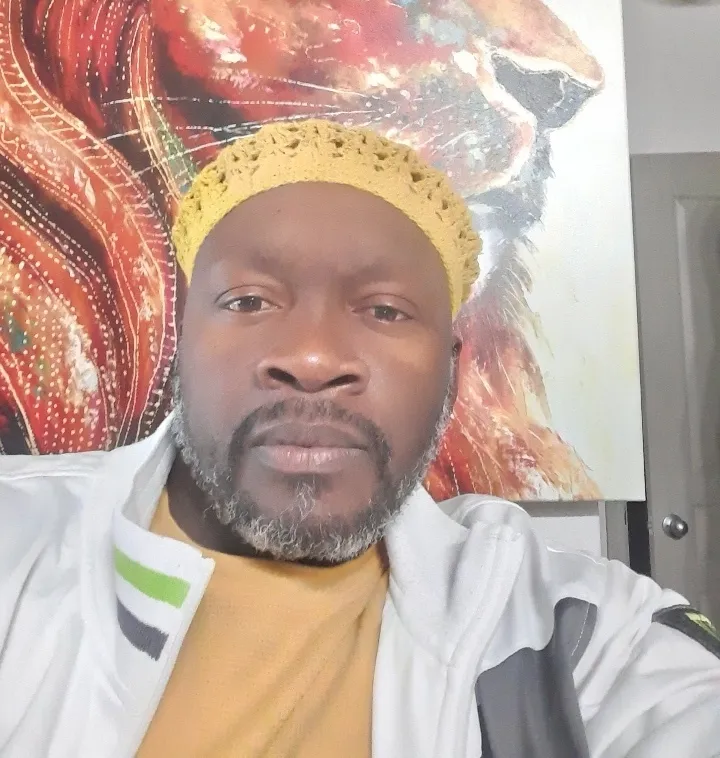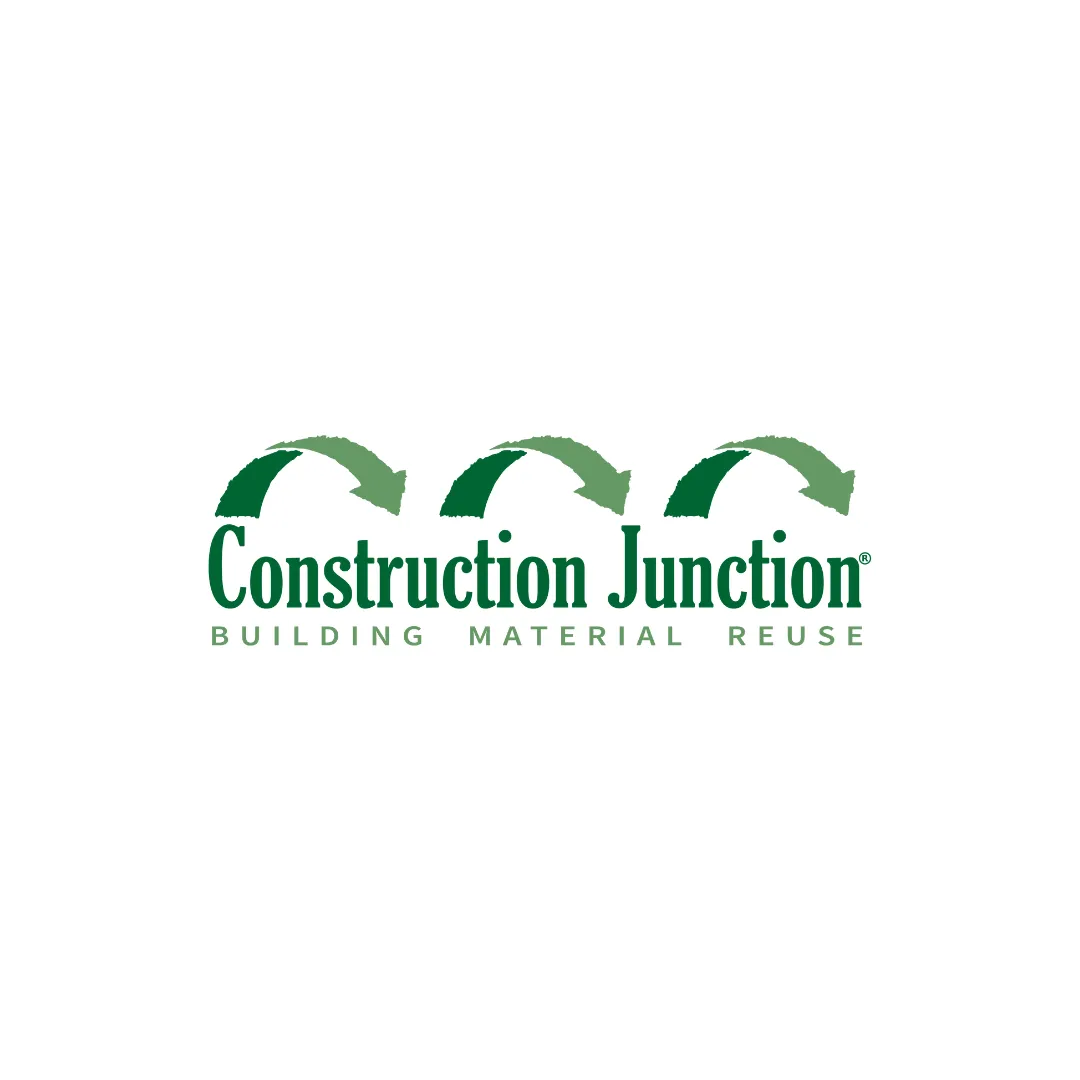Feeling guilty and even a little ashamed, Prince showed his identification to the election poll worker, realizing this was his first time voting after leaving incarceration. Although he had voted previously in other elections, this one felt different. Witnessing so many efforts across the country to keep justice-impacted people from voting, his ability to once again engage in this civil right seemed too good to be true.
As of 2021, all New Yorkers with a felony conviction have their voting rights immediately restored when they get released from prison, whether or not they are on parole. Prince is registered to vote in New York and has a legal right to do so now that he has served his time; nevertheless, he says that it still felt like he was doing something wrong.
“I wanted to hold my head up high and be proud to vote. Instead, when I walked in and gave the poll worker my license, I was [paranoid] they would know about my background or know that I have a record,” Prince says. “Those things went through my mind and I was a little afraid of what was gonna happen when I voted.”
Even though Prince had his voting rights restored automatically when he left prison, many of the 70 million Americans that have been convicted of a felony will either never vote again, or they will be forced to follow a bureaucratic maze to restoration.
Prince says that when he was inside he was never told by the Department of Corrections whether he could regain his voting rights upon release. In fact, many justice-impacted people have no idea if they can vote, and some register to vote while they're ineligible – an offense that is landing people returning from the justice system back in jail for voter fraud.
“I thought I’d lost my civil rights for good,” says Prince. “When I came home people in my community were telling me that I’m disenfranchised since I’ve been to prison.”
However, after a simple Google search, Prince found that under New York law he was eligible to vote from the day he was released. Ecstatic, he registered to vote in the 14th Congressional District of the South Bronx. He was so interested in democratic processes that he applied and was hired to work on a local political campaign.
“I went to the candidate headquarters of a council member running for office in the Bronx,” Prince says. “I handed out flyers outside the poll site in Manhattan on 107th street for one day. I had an amazing experience with community members and it inspired me to go further with being involved.”
Prince contacted the Department of Elections, submitted the paperwork to be an election poll worker, and was approved to be hired. He took a four-hour class on how to run the poll machines and check registrations.
Now when Prince goes to work on November 5th, he will have gone from an ineligible incarcerated voter to a paid elections employee in a matter of months.
“How many more justice-impacted people like me would be voting if they knew that they could?” Prince says. “We need to be informing people of their rights when they are still inside or at least when they get out. Formerly incarcerated people need to vote; after all, we know the impact of policies that hurt communities, so by voting we can shape the decisions that affect us the most.”
Prince says that those with lived experience cannot let their mistakes define them or let shame hold them back from performing their civic duties like voting.
“Having a chance to vote reminded me that I could reclaim my place in shaping the future and not worry about what happened in the past,” says Prince. “I can't even express how rewarding it was for me to be able to put my vote in. I felt like my vote equaled a million votes. It only takes a grain of rice to tip the scale. Just that one little vote.”
“And it could be you. It was me,” Prince adds. “When I put on that sticker that says ‘I Voted’ when I was done at the polls, it was like a badge of honor, a stamp on my chest that made me walk out proud.”




